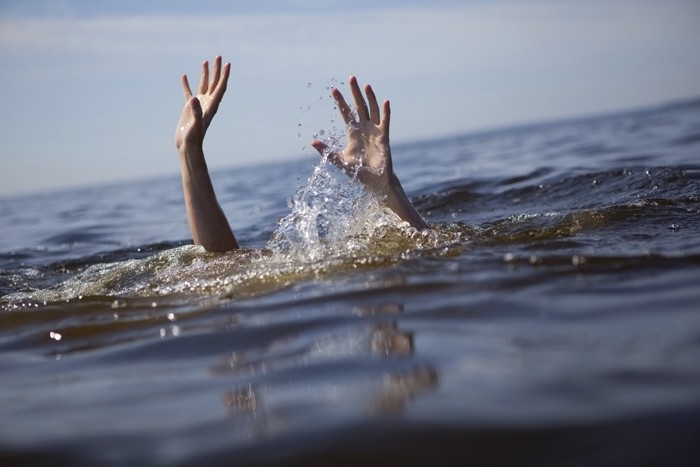
The AVS (Association of Veterinary Students) Congress marks one year since my involvement with the association began.
Last year, in Nottingham, I stood up at the AGM and gave a hustings speech. Before long, I found myself elected the editor of JAVS (the Journal of the Association of Veterinary Students), which is sent out to students in all of the nine veterinary schools. More importantly, this meant I had joined the AVS committee, which has allowed me to gain an insight to the workings of veterinary education and the profession as a whole.
The first full AVS meeting I attended at BVA headquarters in London was a bit overwhelming, but I soon realised how much capacity AVS has to reach out to students and implement changes in order to maximise the veterinary student experience.
Since then, in addition to the annual congress and the infamous AVS sports weekend, the committee has accomplished many things, with just a few outlined below.
The policy sub-committee announced the AVS Workforce Policy, which outlines the concerns over the impact of rising numbers of veterinary schools for the future of the profession. This has been viewed more than 2,000 times on the website and, ultimately, impacted on a national policy.
The marketing sub-committee has been extremely successful this year too, especially with the new website and push on the committee’s part with social media, which has encouraged members to engage with AVS more than ever before.

A direct example of this is the RCVS consultation on the use of the courtesy title of “Dr” – while members of the BVA MSG (members services group) committee were indifferent or against the proposal, the AVS junior vice president, who was present at the meeting, was able to respond with evidence of the student opinion.
AVS posted about the consultation on the website, Facebook and Twitter. The initial post was seen by more than 22,000 people, 1,719 of which followed the link to the RCVS website. AVS then carried out a quick poll, in which 290 people voted, and 281 of these were pro using the title. Hence, there was an overwhelmingly positive reaction to the consultation and the use of social media has widened the ability for AVS to engage with their members and accurately represent the veterinary student body.
Another example is BVA’s stun before slaughter campaign, which AVS was involved in the initiation of when the reality of non-stun slaughter came into the public eye last March (following the ban of slaughter without stunning in Denmark).
The stun before slaughter e-petition gained an immense amount of support, and has just passed the 100,000 signatures mark – the target required in order for the subject to be considered for parliamentary debate. AVS has been supporting and promoting the e-petition online and, as a result, many of those signatures have come from veterinary students.
Our MSG (members services group) sub-committee has produced a preclinical EMS guide for first year students, which advises many things including what to expect on different types of placement and how to find placements. Having been produced and written by students, it is hoped that the guide will be relatable and useful to help support freshers embarking on EMS for the first time.
AWF (Animal Welfare Foundation), the BVA’s charity, has been hosting talks and debates in each of the universities throughout the year, allowing students to engage with hot animal welfare topics.
 Student welfare is also integral to the role of the welfare sub-committee. Just discussing different methods of promoting student welfare and support allows the AVS representatives to share ideas and take those back to their respective schools. As a result, Glasgow has followed in the footsteps of Liverpool and recently set up its own network of peer supporters within the vet school, who have had intensive training to allow them to be proficient in their roles.
Student welfare is also integral to the role of the welfare sub-committee. Just discussing different methods of promoting student welfare and support allows the AVS representatives to share ideas and take those back to their respective schools. As a result, Glasgow has followed in the footsteps of Liverpool and recently set up its own network of peer supporters within the vet school, who have had intensive training to allow them to be proficient in their roles.
In one year, we have achieved so much, and yet there is so much potential for long term aims too, such as the production of an AVS app, consultations on EMS provision and involvement in the Vet Futures project run jointly by the BVA and RCVS.
The AVS marketing sub-committee came up with a “tagline” for AVS: represent, support, engage – and after reviewing all we have done over the last year, you can see this accurately and concisely sums up what AVS stands for.
Since I stood up and shakily gave my plea to become an editor, not only have I made great friends across all of the vet schools, but I have also felt part of a community that has the ability to really stand up and make a difference for our students; and I have not regretted it for one second.









